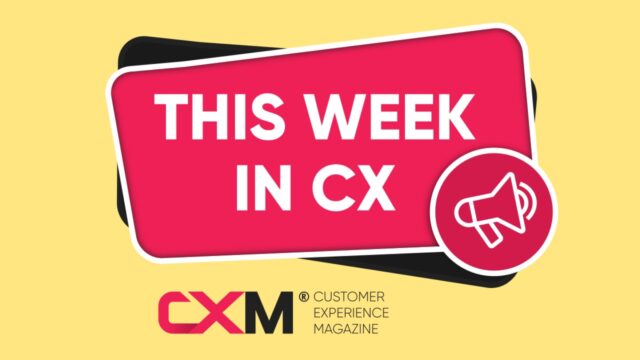August 12, 2025
When Gen Z Speaks, Contact Centres Should Listen

Contact centres are staffed by dedicated professionals from across the generational spectrum. According to a recent study, 86% of Gen Z workers—currently the youngest demographic slice—say a sense of purpose is essential to job satisfaction, and nearly half would turn down employers who don’t align with their values. That presents contact centre leaders with a big challenge, but also a big opportunity.
Gen Z does not ask for special treatment, just modern work environments that value flexibility, personal development, and authentic culture. The good news is that creating that kind of workplace benefits workers of every generation—as well as their organisations.
Rewriting the Rules on Scheduling
Flexibility is non-negotiable for Gen Z. They’ve grown up in a digital-first world where work can be done anywhere, anytime. Traditional shift scheduling models in contact centres fall short of these expectations—and risk disengagement or attrition as a result.
Modern contact centres must evolve their scheduling practices. Technologies that enable real-time adjustments allow centre leaders to offer younger workers greater flexibility. When scheduling respects the need for work-life balance, it’s not just Gen Z who benefits—engagement and retention rise across the board.
Prioritising Development
This generation also places a high premium on growth. Whether they’re looking for structured career progression or opportunities to expand their skillset, Gen Z workers are less likely than their older peers to stay in roles that feel stagnant.
Professional development doesn’t have to mean rapid promotions. It can mean mentoring or learning paths that help young agents build toward their next opportunity—inside or outside the contact centre. Organisations that support learning build loyalty and elevate capability at the same time.
Making Work Meaningful
More than previous generations, Gen Z expects their work to have meaning. They’re motivated not just by salary, but by contribution—whether that’s to the company mission, customer impact, or a broader social goal.
This makes it essential to clearly connect contact centre roles with outcomes. Agents who understand how their efforts affect the customer experience—and the business as a whole—feel more invested and take more pride in their work.
Creating opportunities for agents to contribute to socially responsible initiatives or projects that improve customer journeys can also help meet this need for purpose. Even small steps toward value alignment can improve motivation and performance.
Building a Strong Culture
Culture is the thread that ties it all together. Gen Z expects to be heard, supported, and included—and they’re quick to disengage if they don’t feel that.
Positive culture is about more than morale. It’s built on clear communication, consistent feedback, and visible opportunities to be recognised and contribute.
In remote-first environments, this requires intention and effort. Leaders must create structured opportunities for one-on-one coaching, use data to identify agents at risk of burnout, and build trust through follow-through—not just check-ins.
The tools exist to make this possible, even at scale. Automated scheduling, burnout prediction, and real-time coaching prompts can help supervisors support diverse teams proactively. When agents feel seen and valued, they’re more likely to stay and succeed.
Move Forward, Smarter
Responding to Gen Z’s expectations isn’t about appeasement—it’s about evolution. Their desire for work-life balance, growth, purpose, and culture isn’t unique to them. They’ve simply raised the bar.
By addressing these priorities, contact centres can create environments where employees of all generations thrive. If done correctly, the result will be lower turnover, better performance, and a stronger connection between people and purpose.
The future of work isn’t one-size-fits-all—it’s flexible, intentional, and human-centered (even as call centres get smarter). And that’s exactly the kind of workplace Gen Z is challenging us to build.
About John Norton: John has three decades of senior sales and revenue leadership experience in enterprise technology. He has a successful track record of applying a data-driven approach to driving new business development, customer success and revenue growth. Most recently, as CRO at Calabrio, John increased enterprise value from $300 million to $1.1 billion. He earned a BS in Business Administration from St. Johns University and has served as a member of the Thoma Bravo CRO Council and the Gartner CRO Council.


